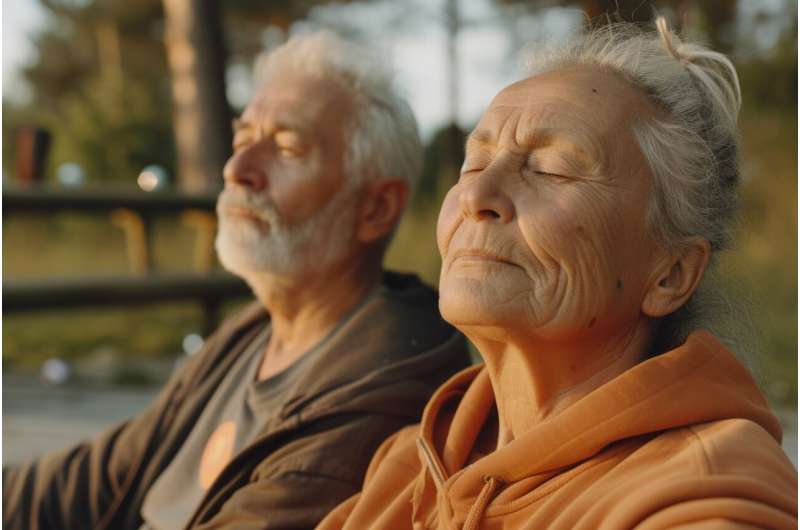World Sleep Society Issues Guidelines for Wearable Sleep Trackers to Improve Consumer and Clinical Use

Millions of individuals worldwide using wearable sleep devices stand to benefit from the newly released guidelines by the World Sleep Society, aimed at optimizing the use of consumer health trackers (CHTs) for sleep monitoring. This collaborative effort involved leading sleep experts from the United States, Australia, Europe, and Singapore, incorporating feedback from industry stakeholders, clinicians, and previous research.
Published in the journal Sleep Medicine, these recommendations offer practical guidance for consumers, healthcare professionals, researchers, and device manufacturers to harness the full potential of wearable CHTs through evidence-based practices. Once primarily employed for fitness purposes, CHTs are increasingly used to track sleep timing, regularity, and duration. They act as continuous sleep diaries, providing users with long-term insights into their sleep habits, which can positively impact mood, cardiovascular health, brain function, and immunity.
Despite their advantages, the accuracy of CHTs varies significantly across devices, influenced by sensor quality, device algorithms, and lack of standardization. These issues raise concerns among clinicians, prompting recommendations to improve reliability and clinical relevance.
Professor Michael Chee, Director at NUS Yong Loo Lin School of Medicine, emphasized the importance of aligning manufacturers with common standards, fostering collaboration between clinicians and industry to enhance sleep measurement tools. Consumers are advised to select devices that match their specific needs, focusing on fundamental sleep parameters like sleep timing and regularity rather than obsessing over detailed sleep stage data, which may lack accuracy.
Regular tracking encourages users to experiment with pre-sleep routines, discover sleep habits that work best for them, and personalize sleep strategies beyond general guidelines. Moreover, long-term data collection can reveal how cultural, occupational, and environmental factors influence sleep, while advancements in artificial intelligence enable more tailored sleep recommendations.
However, the guidelines acknowledge that CHTs are not designed for clinical diagnosis but emphasize that stronger partnerships between clinicians and manufacturers are crucial as these devices evolve. When guided appropriately, wearable sleep trackers can empower users to make meaningful health choices and improve sleep quality.
These recommendations will be a key topic at the upcoming 18th World Sleep Congress in Singapore, scheduled for September 5–10, 2025.
Source: https://medicalxpress.com/news/2025-04-wearable-trackers-aim-empower-consumers.html
Stay Updated with Mia's Feed
Get the latest health & wellness insights delivered straight to your inbox.
Related Articles
How Kidney Organoids Enhance Safety in Gene Therapy Trials
Human kidney organoids are emerging as vital tools to detect hidden risks in gene therapy, potentially preventing adverse effects and enhancing treatment safety before clinical use.
Understanding Why Some Medical Cannabis Patients Use Illicit Products
A recent study explores the reasons behind why some medical cannabis patients in Utah turn to illegal products, highlighting cost barriers, information gaps, and health risks associated with unregulated cannabis use.
Surgical Procedure That Can Slow Knee Osteoarthritis Progression
A groundbreaking study shows that high tibial osteotomy (HTO) surgery can slow the progression of knee osteoarthritis, offering hope for disease modification and improved patient outcomes.



